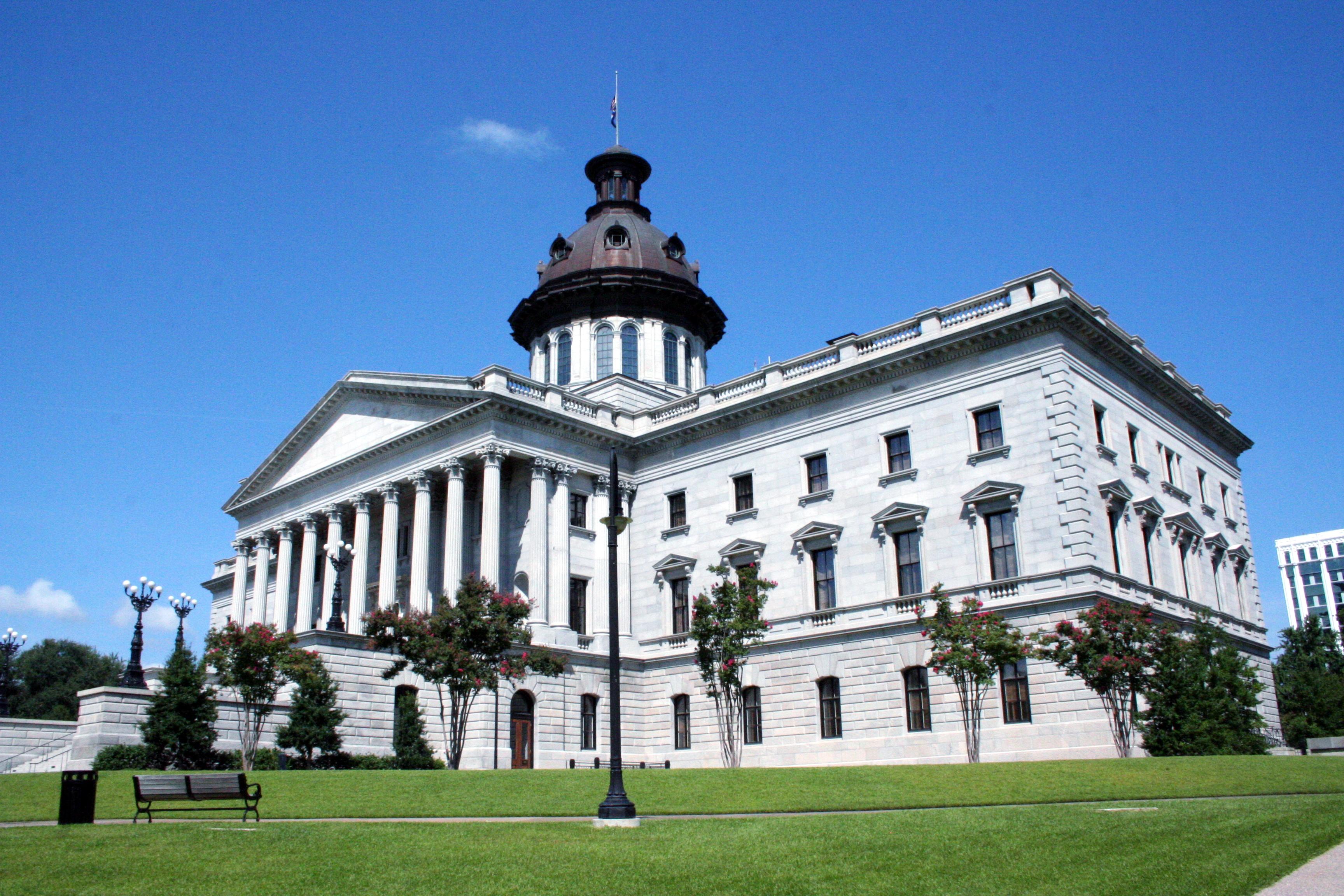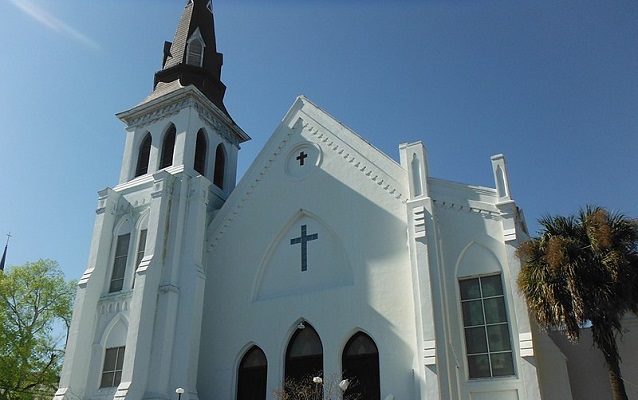Elections shouldn’t impair free speech rights
Last week was “sine die,” the official end of the legislative session. During the legislative term, we updated you frequently on the issues that compose our Freedom Agenda: education, energy, tax reform and healthcare. But those were not the only important issues we tracked in defense of liberty in the 2019 legislative session.
One of those issues that operated under the radar all year long was legislation regulating independent campaign expenditures. This was a heated topic because of recent election cycles, where organizations, who were not connected to a political campaign, spent funds (called “independent expenditures”) to support or oppose candidates for elected office. According to the Post & Courier, $6 million was spent in South Carolina by 21 of these third party groups during the 2018 elections.
The need for transparency in campaign spending is important. The public needs to know which political organization is saying what about a candidate for office. But, as we wrote a few years ago, there are significant free speech issues in play when it comes to donations to policy groups.
No one—whether conservative or liberal—should be targeted or attacked because of their support for a particular cause. That was what could have occurred in Alabama in the 1950s, where state officials sought to unmask supporters of civil rights laws by forcing the NAACP to turn over its donor lists.
In NAACP v. Alabama, the U.S. Supreme Court said “No,” ruling that donors should be allowed their privacy. Sadly, intimidation tactics are not just a relic of a bygone era. In fact, there are several examples of intimidation tactics being used recently, which we documented in testimony to a Judiciary subcommittee on similar legislation 2 years ago.
So, in their zeal to provide electoral transparency, it is important that the General Assembly not harm the non-electoral efforts of supporters of non-profits and action organizations to make their voices heard on issues important to this state.
For example, because the legislature is often still meeting (in May) in the 30-day window before primary elections (in June), a legitimate communication to PPI constituents about legislation could be construed as a political communication. If the SC House were in session and “Rep. Jones” were facing “Mary Green” in a primary a few weeks later, the following legislative action message could be considered political:
“Call Rep. Jones and ask him to stop opposing H.1234 so our children will have more educational options.”
A poorly drafted law could force Palmetto Promise to turn over its entire donor file for simply asking folks to express their views in the legislative process.
That’s why the way any South Carolina legislation that defines such words as “political expenditure,” “election communication,” “influencing an election,” or an organization’s “primary/major purpose” is crucial. The core definitions of “committee,” “ballot measure committee,” “noncandidate committee” and “independent expenditure committee” would need to be handled carefully as well.
It would be even better if the legislature would simply exclude any non-profit 501(c)(3) or action organization 501(c)(4) in IRS good standing from any donor reporting requirements since these organizations are already expressly prohibited from “electioneering” (advocating for or against a candidate for office) by federal law.
Fortunately, our concerns were heard, and members of the Judiciary Committee continue to craft the legislation. We will keep you informed of our progress. In the meantime, you may wish to learn more about the importance of donor privacy as a free speech issue by reading research we recommend here and here.




